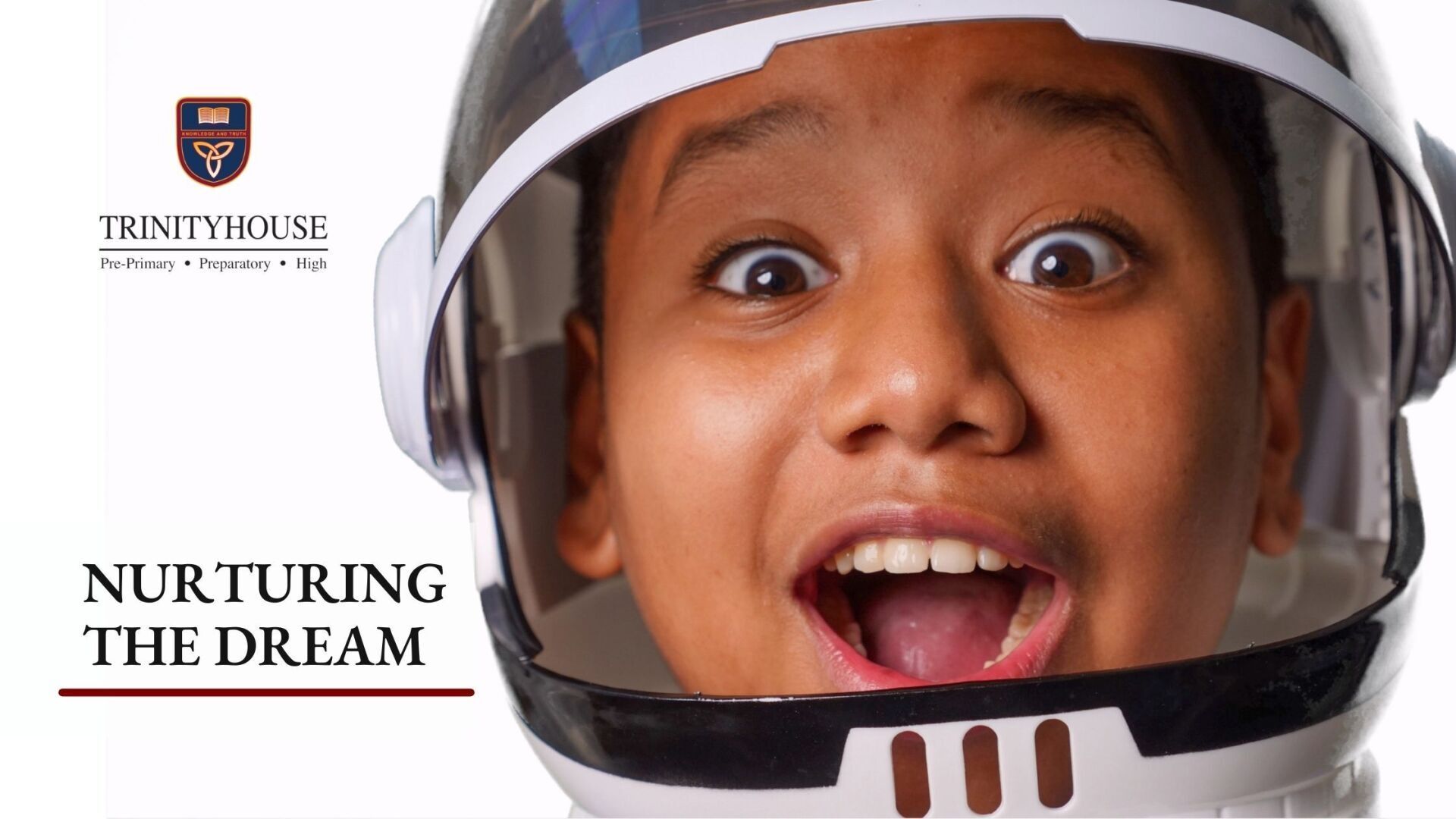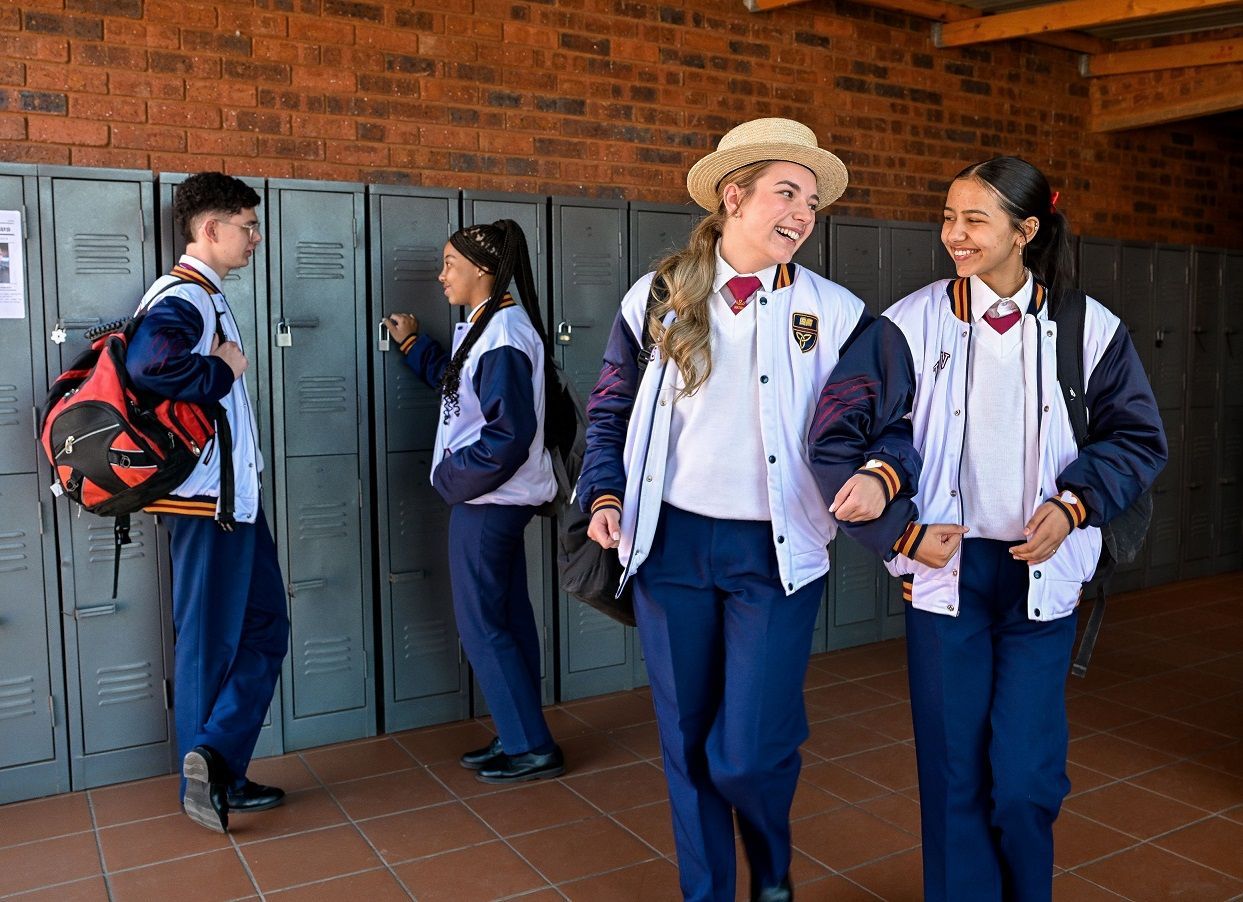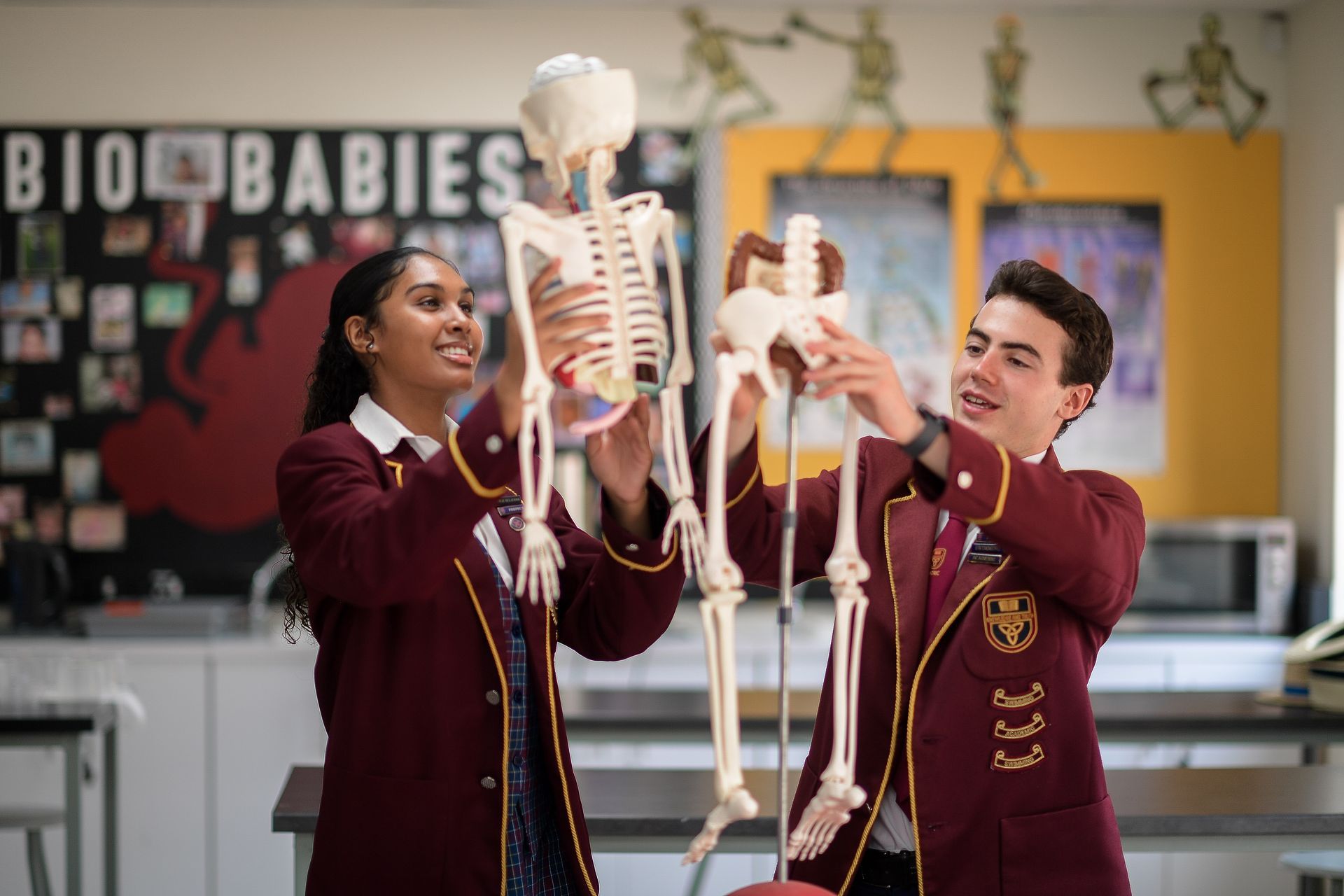Nurturing The Dream: 10 Dream Careers Of Children
10 Dream Careers of children and how to nurture the interest while it lasts.

Teacher, fireman, astronaut... We've all heard these options flow from the imaginations of our kids as they make their future 'Dream Career' lists.
However, the truth is that your baby may want to be a game ranger today but a ballerina or musician and a movie star tomorrow, so strike while the iron is hot! Here are the top 10 kids’ future dream careers and our suggested activities, crafts and games to keep the dream alive - for now anyway.
1. DANCER / CHOREOGRAPHER
TikTok has taken over the world and 16-year-old Charli D'Amelio and 19-year-old Addison Rae are now the world's biggest dancing stars and top earners! So, it's no surprise that dancing and choreography is on the popular careers list for kids, with every pre-to-late teen wanting to hit it big by busting some moves. And what better way to get into the swing of things than by watching Disney's Teen Beach Movie dance tutorial, taught by the movie stars, Ross Lynch and Maia Mitchell, themselves!
Click here to join the video tutorial!
2. ACTOR
Childhood dream jobs often include becoming a famous actor one day. Here's a cool drama game to get your kids creating various scenes and characters. The game is called 'It’s Mine, It’s Yours!' The game features two kids and one stuffed toy.
3. GAME RANGER
It comes with the territory, literally, but becoming a game ranger is on the dream career list of many young African-born children thanks to our Big 5 heritage and often experiences one-on-one. For younger kids, enhance their interest by helping them make "Spoor Slip Slops".
This will entail:
1. Your kids investigating different types of animal spoor (learning - tick)
2. Choosing the spoor they like the best (decision-making - tick)
3. Using thick craft foam, scissors and glue to create the spoor shapes on the bottom of their slops (crafting and fine motor skills development - tick)
4. Finding mud or sand and making tracks (fun in nature and dirty play - tick)
5. Other kids can guess the different spoors and get points (healthy competition - tick)
Click here to see how to make these.
4. TEACHER
Teacher Mike DeMaio took his teaching beyond the classroom and onto YouTube, using music, animation, voice-overs, puppets and other entertaining things to engage the kids. Get your kids to check-out his lessons on Times Tables, The Titanic, Sharks, Volcanos and Planets to name a few and to get a little inspired.
Click here to see the lessons.
Also: Read The World's Worst Teachers by David Walliams
Think your teachers are bad? Wait till you meet this lot, written by the famous David Walliams. Available from any decent bookstore or try it as an audiobook, narrated by David Walliams himself.
Click here for the audio version on Audible.
5. SCIENTIST
If your kid wants to be a Scientist, you are in luck. Try and ride this wave for as long as it lasts! There are hundreds of junior science videos on YouTube, and thousands of fun experiments to try at home, like the Bouncy Egg experiment below.
The Big Bouncy Egg Experiment
Instructions:
1.Place three eggs into three separate glasses.
2. Fill the glasses with vinegar and a few drops of different food colouring in each glass.
3. Leave the eggs in the coloured vinegar for two days.
4. Remove the eggs and peel them gently. Then rub them until they are smooth and shiny - and rubbery.
5. Lightly drop your eggs on a flat surface and watch them bounce around.
Check out the YouTube video.
6. FIREFIGHTER
'Extinguish the Flames' is a great party game for your ambitious little fire fighters.
You need:
* Large water guns - better to have ones that can shoot quite a distance.
* “Flames” cut out of cardboard or foam.
* Tin cans – tape the flames onto these.
Arrange the tin cans on a table or a wall with the "flames" facing forwards and get the kids to stand behind a line and squirt water at the flames. The first firefighter to "extinguish" the flames by knocking the can off the table or wall wins!
For older kids, get them to research ways to make fire without using a lighter or matches. Bear Grylls has many ideas for this, including rubbing sticks together and using a magnifying glass, but it was his ability to make fire using a smashed mobile phone that really got our attention!
Click here to watch Bear make mobile phone fire.
* Note: Parental supervision always advisable – you know kids!
7. DETECTIVE
Being a cop and busting baddies is always a popular dream career for kids, but why not encourage them to take it one step further and go full detective! The play will be a little more mature, more scientific, and comes complete with loads of gizmos and gadgets such as fingerprint kits, walkie talkies, badges and clues.
Check-out you favourite toy store for Detective Kits.
8. VET
The game Pet World – My Animal Hospital – Dream Jobs has been downloaded by 28,622 people and is rated 4 stars. The game allows your child to take care of pets such as monkeys, alpacas, panda bears and dogs in a realistic animation setting.
Other game features include:
- Managing your own pet hospital
- Learning the daily tasks of being a veterinarian
- Examining and caring for cute animals
- Collecting daily coins and rewards
- Unlocking various treatment rooms as you go
Available from Google Play. Click here to download.
9. ASTRONUAT
NASA (yes, the NASA) offers amazing content for spaced-out kids on their NASA Kids Club site. Here you will find games (which support STEM development skills), you can meet the crew currently orbiting Earth on the International Space Station, and you will be able to see NASA's most fascinating pictures and videos of things like the moon, the sun, planets, and of course, the earth.
Click here to check it out.
Astronaut Craft
For dress-up fun, making an astronaut suit for your child will make them love you to the moon and back, and it doesn't need to make your expenses skyrocket.
Click here to watch '5 Best Space Crafts at 1 Minute Crafts' on YouTube.
10. DOCTOR
Many kids will mention an interest in becoming doctors at a young age. Here is a game to inspire that dream. Operation said the doctor, operation said the nurse! Poor Cavity Sam is back, and he has returned to this new generation still feeling under the weather!
Get your mini MD-wannabees the legendary Operation game. Kids can use tweezers to try and remove Sam's "ailments", but they must be careful not to touch the sides of Sam otherwise his nose will light up and you will be buzzed out.
The Operation game is available from all good toy stores.
Click here to order.
It’s important to help kids create a realistic vision of their dream job from a young age as it is common to hear adults comment on how they “wish they were encouraged to pursue their dreams such as to become doctors when they grew up or professional athletes”. Instil confidence in your child to believe that their choice of dream job is attainable. Dreams are not pursuing what is easy or safe but often what's scary and larger than life.














